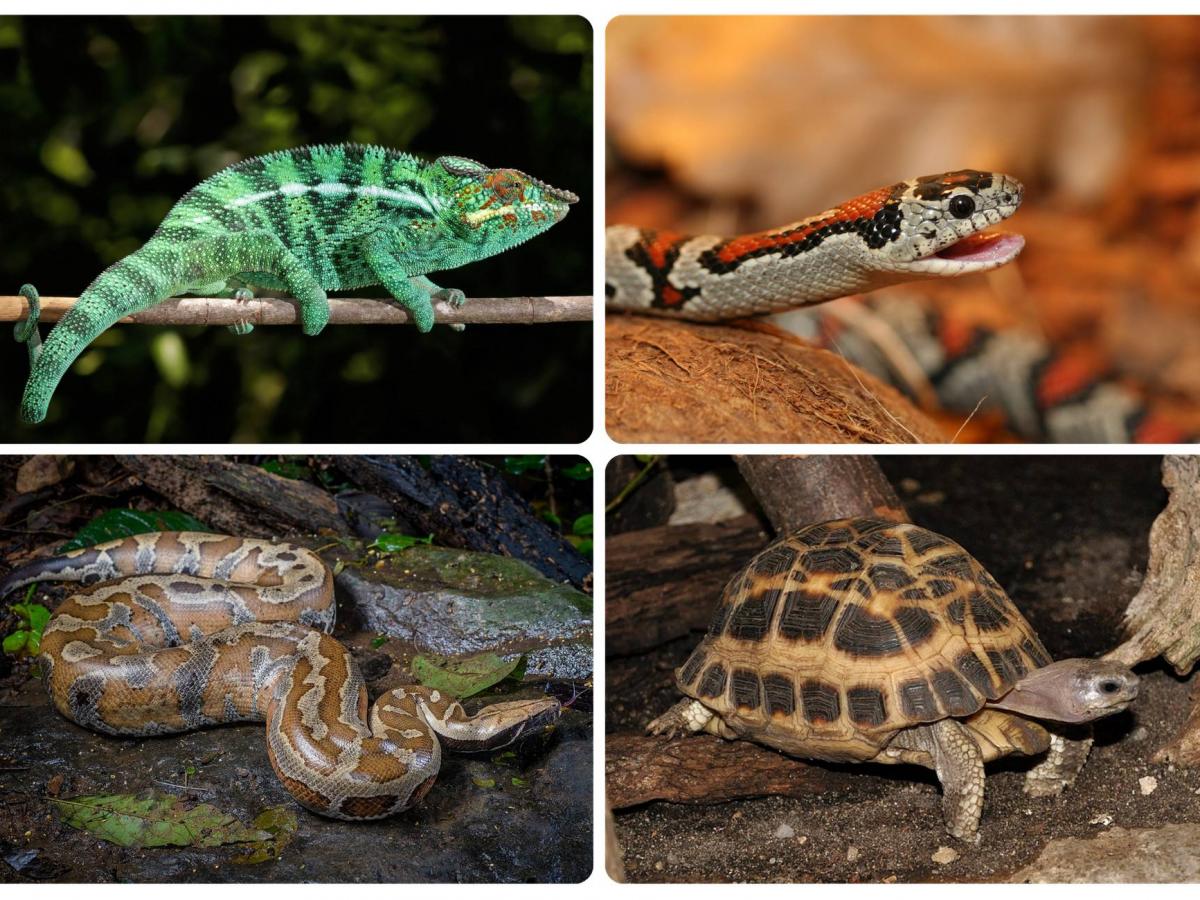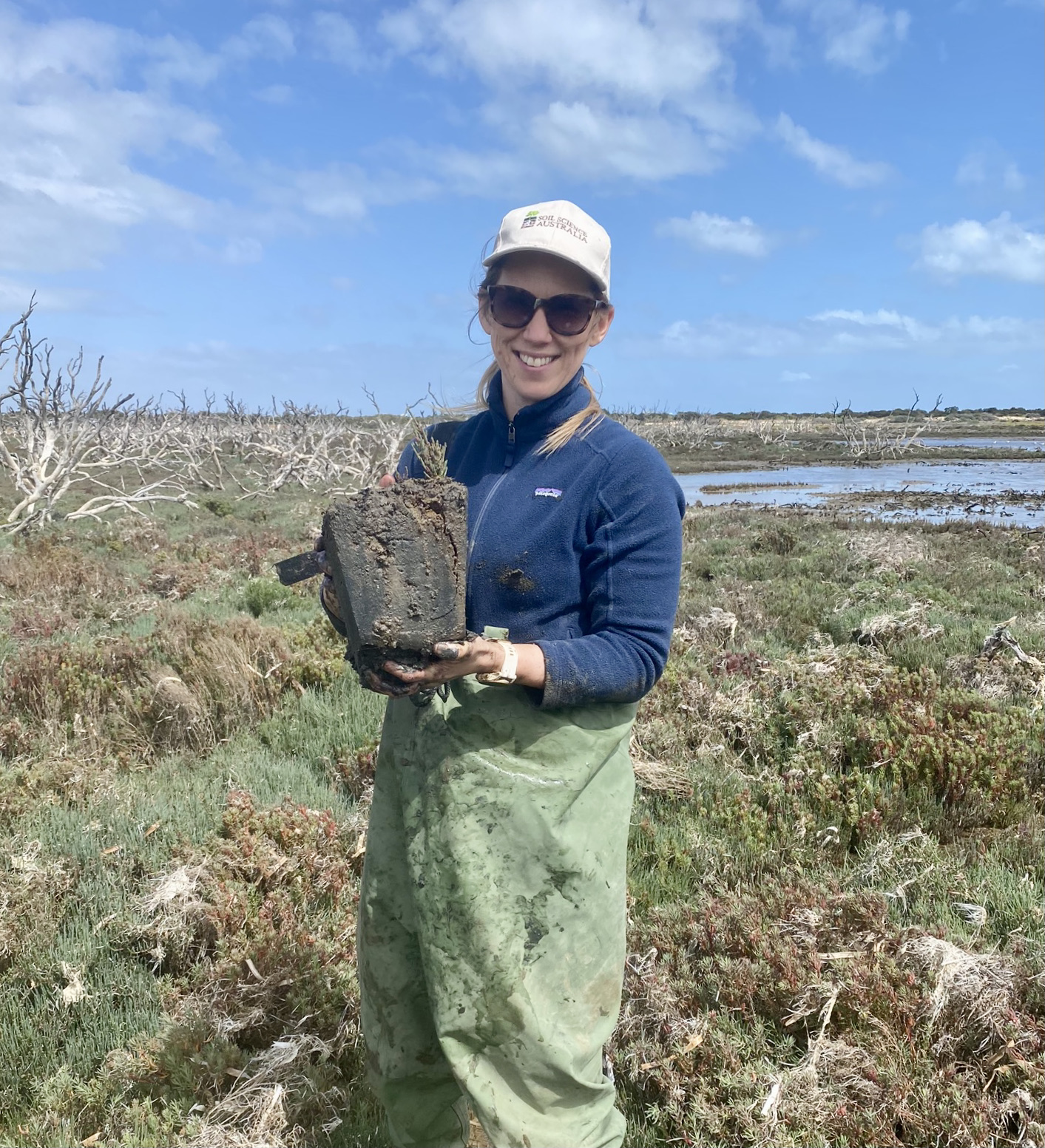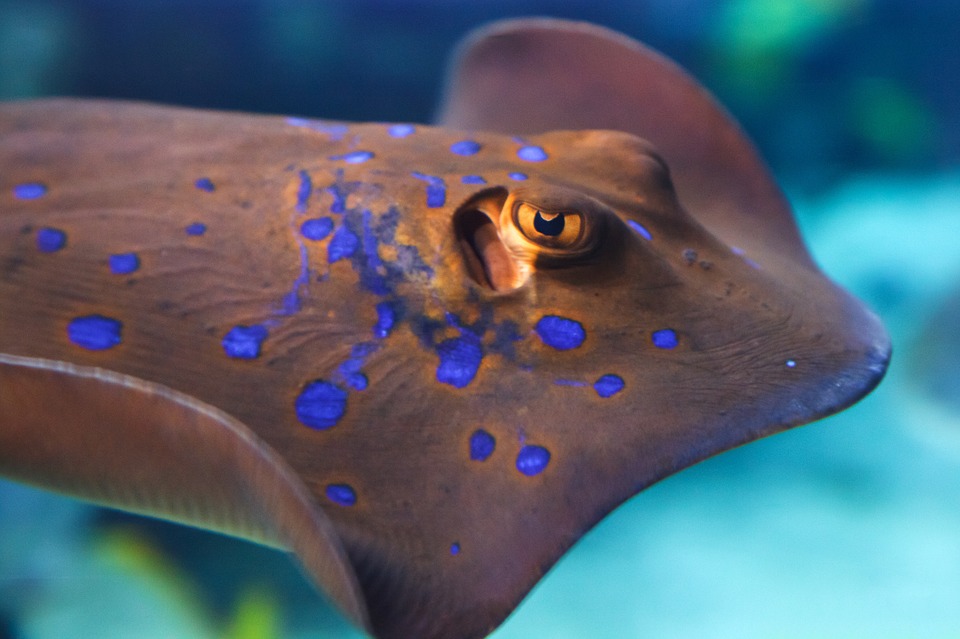BLOGS WEBSITE
Category: Publications
Climate change targets were flawed from the very beginning
According to new research from the University of Adelaide, the 2050 target to reduce climate change emissions is too little and too late. “The warming goals of Article 2 of the Paris Agreement are too little because the target only specifies what we should do with greenhouse gas (GHG) emissions; and too late because we […]
Comments Off on Climate change targets were flawed from the very beginning
Research suggests reliance on modern irrigation technologies is a ‘zombie’ theory
A team of scientists, including experts from the University of Adelaide, suggest that reliance on modern irrigation technologies as a water-use efficiency strategy is a ‘zombie idea’ – one that persists no matter how much evidence is thrown against it. In a paper in Environmental Research Letters, the international research team reviewed more than 200 supporting […]
Comments Off on Research suggests reliance on modern irrigation technologies is a ‘zombie’ theory
The hidden costs of the global illegal wildlife trade
An international team of experts, including researchers from the University of Adelaide, has highlighted that the illegal and unsustainable global wildlife trade has bigger ramifications on our everyday lives than you might think. In a paper published in Biological Conservation, the team of researchers investigated the many ways in which the trade negatively impacts species, ecosystems, and society […]
Comments Off on The hidden costs of the global illegal wildlife trade
Public health risk of the bat souvenir trade
Little is known about the global bat souvenir trade, its extent and impact on bat populations and forest ecosystems, and the potential risks posed to public health with bats known carriers of zoonotic diseases. In a preliminary study, published in Frontiers in Veterinary Science, researchers at the University of Adelaide identified over a 15-day period (May […]
Comments Off on Public health risk of the bat souvenir trade
Are we ignoring cost-effective biodiversity measures?
Environmental DNA (or eDNA) profiling is being used increasingly to analyse a range of substrates and historical samples, apparently even thin air, but what about soil? Join Professor Andy Lowe as he investigates an important and cost-effective method of environmental DNA profiling. Monitoring the state of our environment is the only way we can be […]
Comments Off on Are we ignoring cost-effective biodiversity measures?
Unregulated reptile trade in US has major influence on Australians’ desire for illegal reptiles
The transnational smuggling of live animals poses a threat to Australia’s biodiversity, conservation, environmental biosecurity, animal welfare, and human health and wellbeing. In a study published in Conversation Letters, researchers at the University of Adelaide compared the illegal smuggling of live reptiles – including lizards, snakes and turtles – into Australia, to the unregulated pet trade […]
Comments Off on Unregulated reptile trade in US has major influence on Australians’ desire for illegal reptiles
The race to stop illegal trading of Australian lizards
Australian reptiles face serious conservation threats from illegal poaching fuelled by international demand and the exotic pet trade. In a new study in Animal Conservation, researchers from the University of Adelaide and the Monitor Conservation Research Society (Monitor) investigated the extent of illegal trade in a well-known Australian lizard: the shingleback, also known as the bobtail or […]
Comments Off on The race to stop illegal trading of Australian lizards
Our experts refute River Murray estuary claims
A team of scientists, led by the University of Adelaide’s Associate Professor John Tibby, has confirmed that the lower River Murray was not an estuary in the mid-Holocene period (more than 7000 years ago) – reinforcing scientific evidence likely to influence important river management policy decisions. Their new paper, published in the Nature journal Scientific […]
Comments Off on Our experts refute River Murray estuary claims
International joint research reveals how fish adapt to ocean acidification by modifying gene expression
Human-driven global change is challenging the scientific community to understand how marine species might adapt to predicted environmental conditions in the near-future. The effects of the uptake of anthropogenic atmospheric CO2 by oceans affects propagate across the biological hierarchy, from changes in the building blocks of life at nano-scales to organism, physiology and behaviour through ecosystem […]
Comments Off on International joint research reveals how fish adapt to ocean acidification by modifying gene expression











